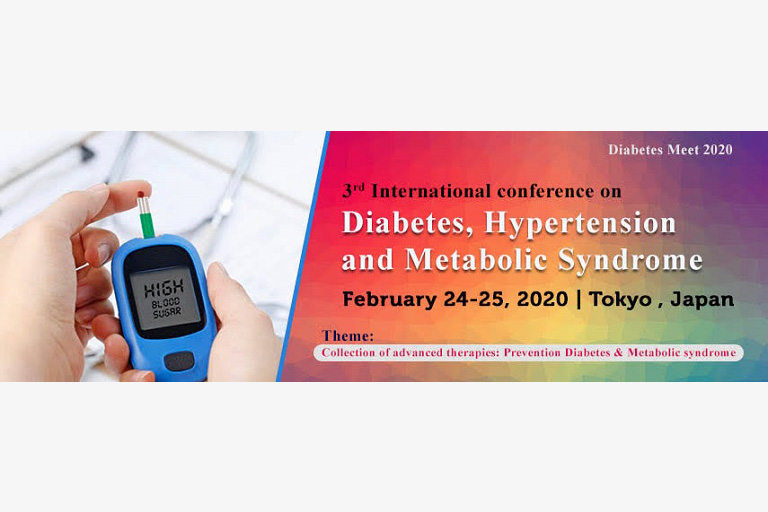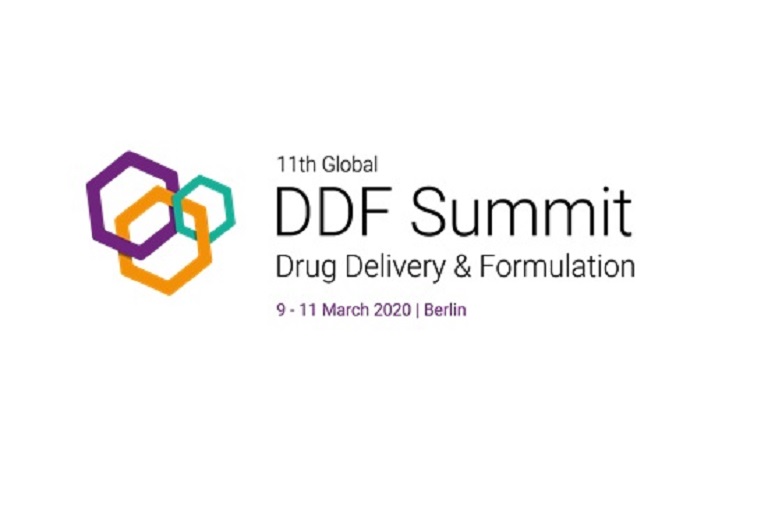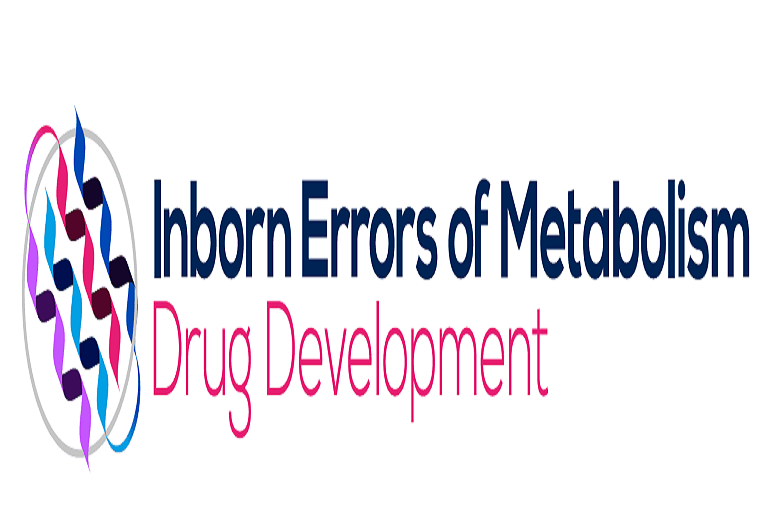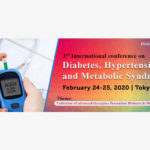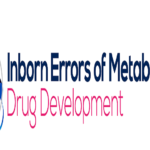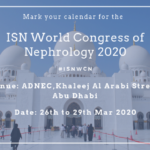Most healthcare providers see patient portals as a key part of patient engagement, yet one study has found that vulnerable patients may be the least likely to use patient portals.
A study, Disparities in Electronic Health Record Patient Portal Use in Nephrology Clinics, which was published in the Clinical Journal of the American Society of Nephrology, tracked patients seen between January 2010 and December 2012, at any of four University of Pittsburgh-affiliated nephrology offices, with at least one additional nephrology follow-up visit before July 2013. The nephrology offices activated a free patient portal tethered to an existing ambulatory electronic health record (EHR) and office staff members routinely invited patients to sign up for the portal during the check-in process and provided access codes and instructions.
“Enabling patients with chronic kidney disease (CKD) to easily access their medical information is a novel approach to facilitate patient engagement and activation. In other chronic disease settings, empowering patients in this fashion improves disease knowledge, enhances patient-provider communication, and increases adherence to treatment,” the study authors wrote.
The researchers abstracted sociodemographic characteristics, comorbidities, clinical measurements and office visits from the EHR and also tracked patients’ neighborhood median household income.
According to the study report, out of 2,803 patients, 39 percent accessed the patient portal. Of those, 87 percent reviewed laboratory results, 85 percent reviewed their medical information, 77 percent reviewed medication and 31 percent requested medical advice from their renal provider. And, the study found that portal adoption increased over time.
“Most users accessed the portal many times and completed several tasks, suggesting that they found the portal convenient for reviewing their information and navigating the healthcare system. Although portal adoption increased across all groups in later cohort years, vulnerable groups were still less likely to use the patient portal,” the study authors wrote.
Specifically, the study found that patients who were older, African-American, unmarried, insured by Medicaid or Medicare and living in a neighborhood with a lower median household income “were associated with not using the portal.”
“Portal users were younger and were more likely to be non-black, to be married, to have private insurance and to have a higher neighborhood median household income. Users were less likely to have diabetes, coronary artery disease or congestive heart failure but were more likely to have had a kidney transplant,” the study authors wrote.
And the results of the study found a borderline association with patients’ blood pressure control and portal use.
“This may have been facilitated by improvements in self-monitoring, patient-provider communication, refilling medications, or adherence to lifestyle modifications and antihypertensive medications,” the study authors said.
“Although our study confirms significant portal adoption, underserved populations were often left behind,” the study states. “Disparities in the use of patient portals and emerging e-health technologies may reinforce or widen extant disparities.”
“These findings highlight the need to ensure adequate resource allocation by health systems and government organizations to allow vulnerable populations to benefit from patient portals and other novel e-health applications,” the study authors concluded.
While the study did not assess potential barriers and facilitators to patient portal use, the study authors surmise that determinants of portal adoption likely include “patient comfort and proficiency with use of the Internet and experiences with Internet applications.”
The study authors also suggest that other factors such as provider enthusiasm as well as patients’ health literacy, communication preferences and trust in the provider and health system played a role in portal adoption.
“While portal adoption appears to be increasing, greater attention is needed to understand why vulnerable populations do not access it. Future research should examine barriers to the use of e-health technologies in underserved patients with CKD, interventions to address them and their potential to improve outcomes,” the study authors concluded.














